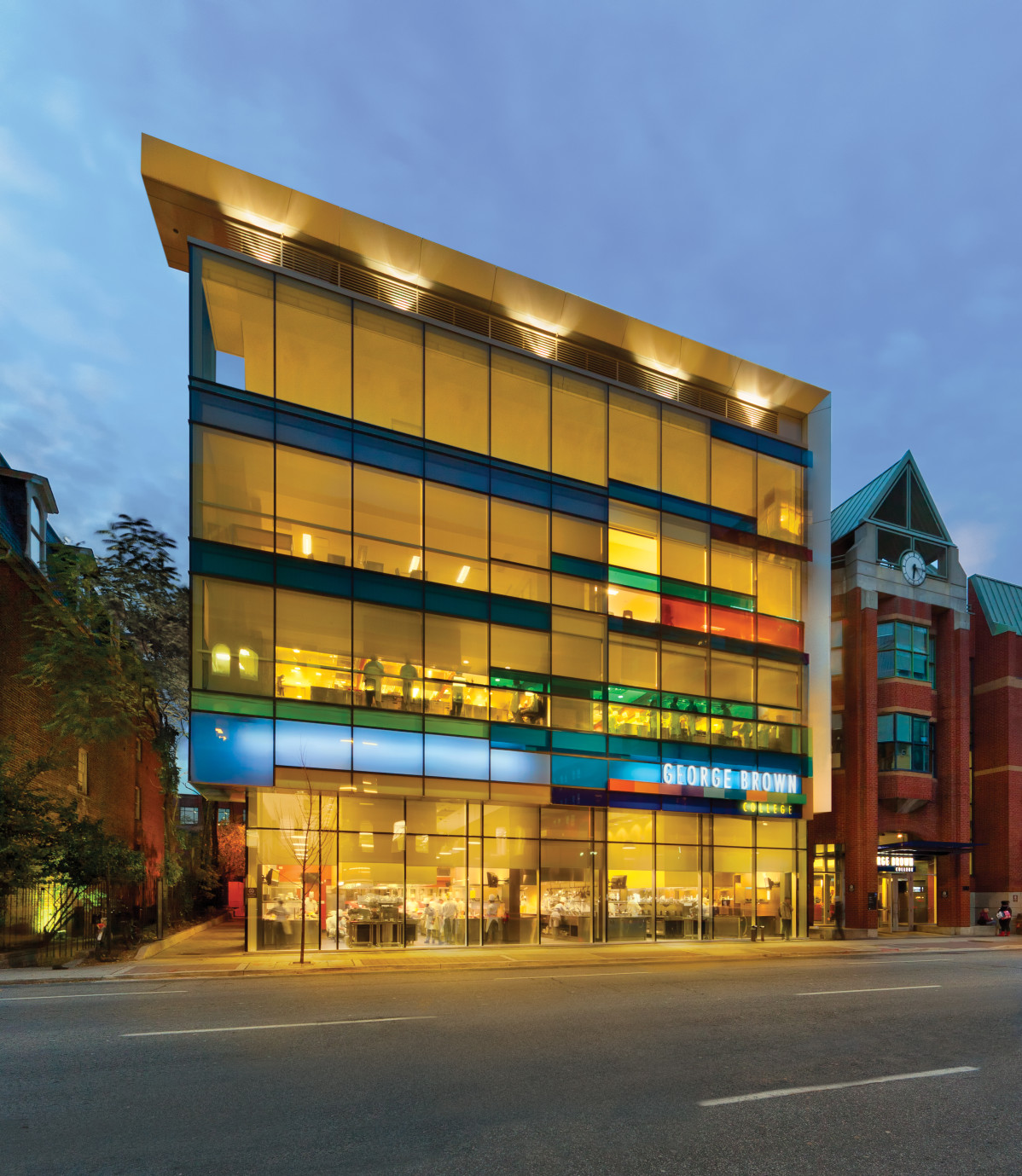Lately, I’ve seen some skepticism about the value of going to culinary school instead of getting right into the fires of a commercial kitchen as an apprentice. While it may sound promising to learn from scratch, save some tuition and dive right into working at a restaurant, I believe that culinary school offers a more practical approach for preparing you for the industry.
An apprentice may learn the on-the-job skills, but culinary school kicks things up a notch through additional courses besides cooking that can expand your skill set beyond the stove.
“In an apprenticeship, let’s say you go into a stove to repeat grilling a steak over and over again. In culinary school, you get the full picture,” said Meenakshi Bhojwani, a graduate of the culinary management program. “They make you learn how the steak is done, where it comes from, how much it costs, and how that cost affects your business.”
Cooking labs were a large part of the curriculum in my culinary management program. The cooking labs were expected, but I was surprised to know that the program offered courses on a variety of other skills. From wine classes for food pairing, to cost control if you intend to run a business one day, the culinary program offered a comprehensive learning experience. The diversity of content in the program broadens the learning process, so that a student is able to do more than just cook on the hot line.
Although it is much cheaper to work as an apprentice, mistakes are costly in the culinary industry. Culinary schools on the other hand, are a perfect, low-risk place to make those inevitable rookie mistakes. As apprentices are incorporated into actual commercial kitchens, mistakes can cost restaurants money as poorly prepared food is thrown out.
If you are a klutz like me, your relationship with the head chef in a restaurant is going to be affected. Since the fast-paced environment allows no room for error, there are high expectations for any new kitchen employee. While it takes longer for an apprentice to reach a certain level of proficiency, culinary graduates know they need to make sure the chef has a good reason to keep you on the team.


